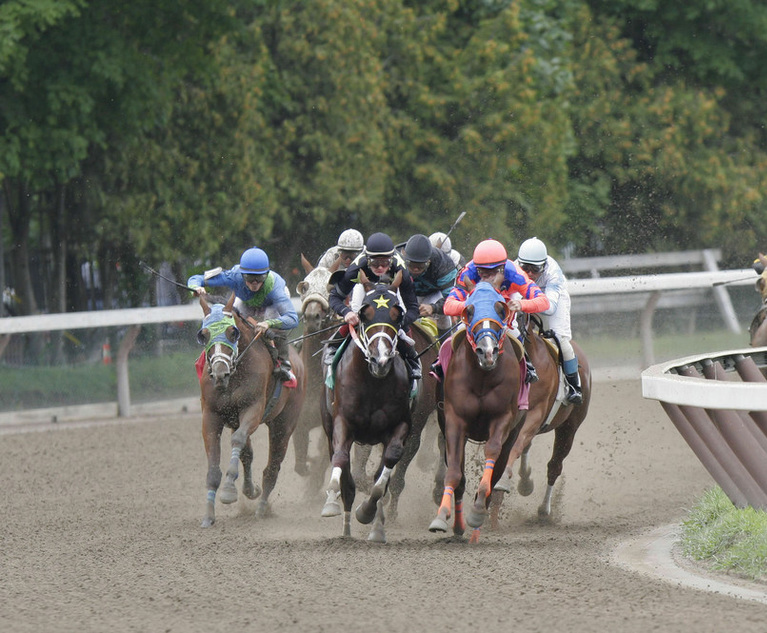A favored tool of the defense bar, California’s anti-SLAPP statute empowers a trial court to dismiss claims brought by a plaintiff whose lawsuit is aimed at intimidating a person or business into silence by essentially burdening them with litigation costs. Code Civ. Proc. §425.16. Anti-SLAPP motions weed out, at an early stage, meritless claims arising from a defendant’s free speech, or otherwise activity protected by law. Baral v. Schnitt (2016) 1 Cal.5th 376, 384.
In an interesting twist involving an employment law dispute, a recent case, Balubhai Patel, et al. v. Manuel Chavez, addressed the applicability of anti-SLAPP to federal law claims, specifically §1983 of title 42 of the United States Code. (May 6, 2020) 2020 DJDAR 4279. In that case, Balubhai Patel and his company, DTWO & E (collectively “Patel”) owned a residential hotel in Los Angeles where Chavez worked as an on-site property manager. Chavez filed a complaint against Patel with the California Labor Commissioner for unpaid wages and various wage-and-hour violations. After a Berman hearing on the merits where Chavez testified in support of his claims, the Labor Commissioner ruled in Chavez’s favor for $235,000 in unpaid wages, penalties, and interest.


 Katherine Catlos at Kaufman Dolowich & Voluck (Photo: Courtesy Photo)
Katherine Catlos at Kaufman Dolowich & Voluck (Photo: Courtesy Photo)




